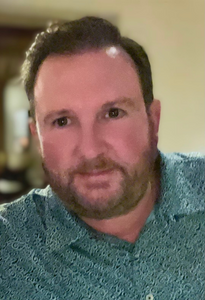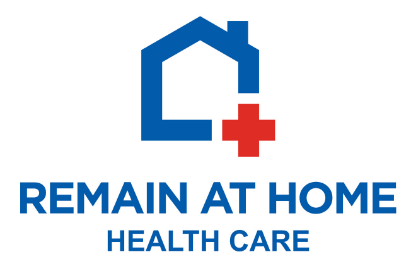The undeniable certainties in our lives are, of course, death and taxes. And the undeniable certainty of death is that in most cases, surviving loved ones are left behind to struggle with profound feelings that aren’t of the everyday variety.
Grief is the natural feeling that results from losing someone close – and it’s a healthy way to cope with the periods of sadness that follow the death of a dear loved one such as a spouse. But grief is also a feeling people need to manage productively, as prolonged periods of grief can prove to be decidedly unhealthy, with often-times harsh byproducts such as depression, anxiety and illness.
LiveStrong.com says that the death of a spouse or partner is “the most intense grief a person will experience.” The site adds that while every situation colored by grief is different, the feeling moves through certain typical phases and requires an abundance of mental and physical energy.

Brian Carrigan
Founder & Co-Manager
So how to deal with this intense, brand-new and not-so-welcome stream of emotion? Support from family and friends is invaluable, and grief counseling is an excellent way to cope by talking about your loss, identifying and expressing your feelings, and taking steps to begin what, for most, is a new life.
In the grieving process, there is a great temptation by many to temper their emotions through self- medication. Alcohol and drug use might provide a temporary respite, but in reality, it may just add another problem to an already over-burdened psyche. It’s always best to consult with your physician to determine if medicinal treatment is a viable option. But anyone who has lost a spouse or someone close to them knows that there is no “silver-bullet” or “magic pill” that can make the deep hurt dissipate or go away completely. Time and a willingness to move-on seem to be the two decisive factors.
There’s no standard, easy way to cope with the feelings that arise from the loss of a loved one, but there are many avenues to pursue to recapture the peace you once knew, that essential balance in your life. Perhaps the best advice is to not play the hero and take it all on yourself. Accept the hands of kindness extended to you and work hard to stay healthy – both physically and emotionally. Your lost loved-one would have demanded as such.




